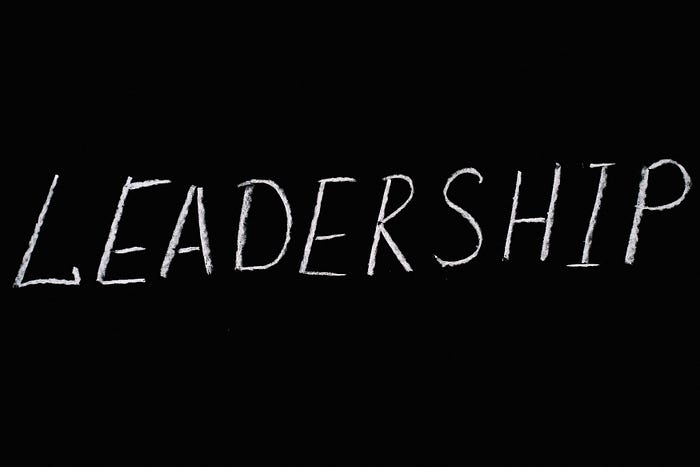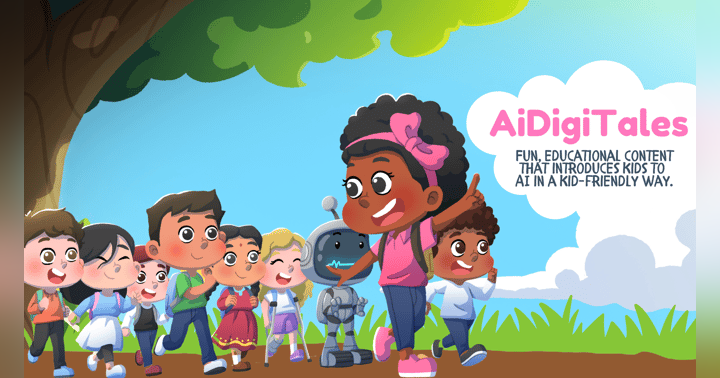Leaders Create a Culture Of Learning

This is a short blog post inspired by my Mentorship and Professional Development doctoral course at The University of Texas Rio Grande Valley
District Leaders Roles
A major challenge facing schools today is how to provide high-quality professional learning for all teachers. The answer, it turns out, is right in front of us — in the leadership role of district and school leaders. Districts are responsible for setting the tone at the top by modeling what good instructional leadership looks like and creating a culture that supports excellence and growth across all levels in their organization.

Leaders must be intentional about creating a culture of learning, with high expectations for both administrators and teachers. Districts should have clear plans in place to support the growth of all educators within their organization so that every teacher is improving his or her craft on an ongoing basis. This kind of approach provides value not only to individual teachers but also to students who are exposed daily to better instruction; it also supports school success by building knowledgeable, skilled staff members capable of meeting the demands of rigorous standards and shifting instructional strategies over time.
Leaders Must Commit
The reality is that there are no quick fixes; school leaders must be prepared to make a long-term commitment to building capacity for teachers and student learning. Districts should use data on past performance — both individual teacher evaluation ratings as well as aggregate measures of whole schools’ effectiveness over time — to establish specific professional development goals, objectives, and standards with each teacher within their organization. Professional growth plans should be incorporated into both the formal contractual agreements between the district and its employees (example: new faculty orientation) as well as informal lines of communication throughout the year (while observing or meeting with different staff members).
Leaders Must Look for Feedback
District leadership also needs to determine what kind of coaching support they can offer teachers in this area so that it maximizes their professional growth while minimizing additional demands on district staff. It is important for school leaders to identify how teachers view professional development. Is the training shared valuable for professional development, or as something that is superfluous to their need for support? How do they feel about the quality of the coaching they are receiving? These are important questions that must be addressed by any district working to improve the quality of coaching and reduce any barriers that may be preventing more teachers from participating in professional development.
District Leaders, I would appreciate any thoughts on your experiences to continue to learn from your lens.
Alfonso Mendoza Jr., M.Ed. is an Instructional Technologist, Instructional Designer, Doctoral Student, Podcaster, and Google Innovator that is passionate about education. Visit www.myedtech.life to listen or watch all episodes.









